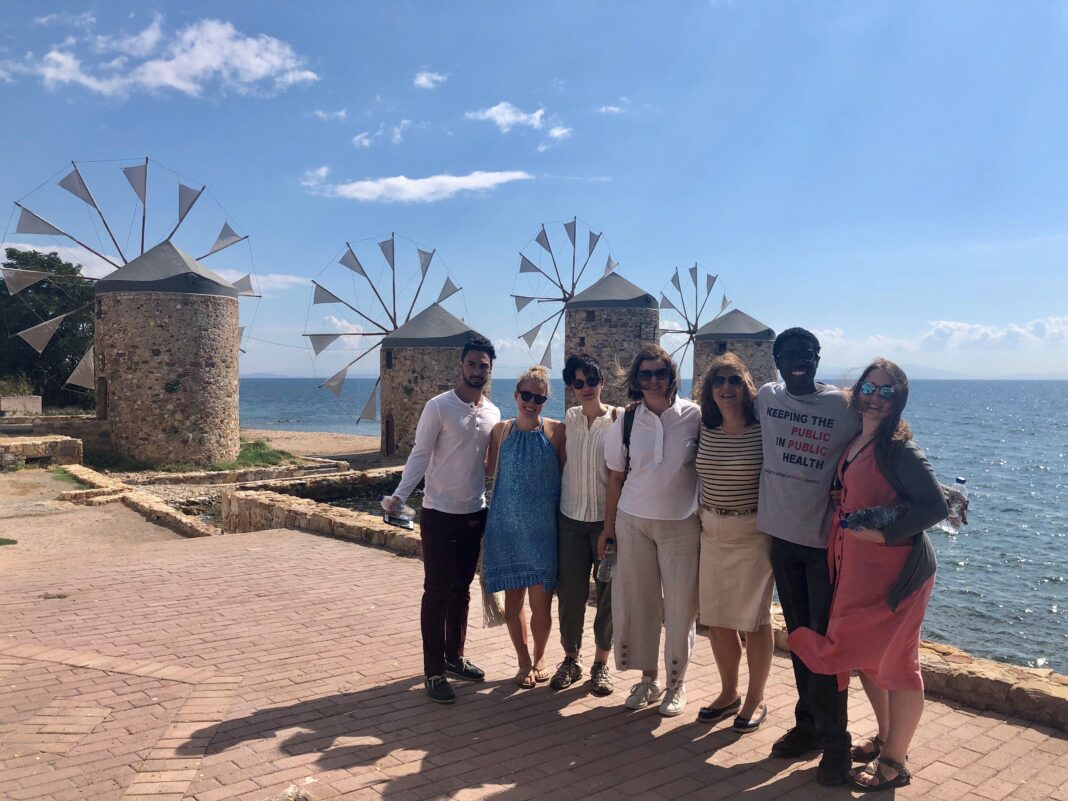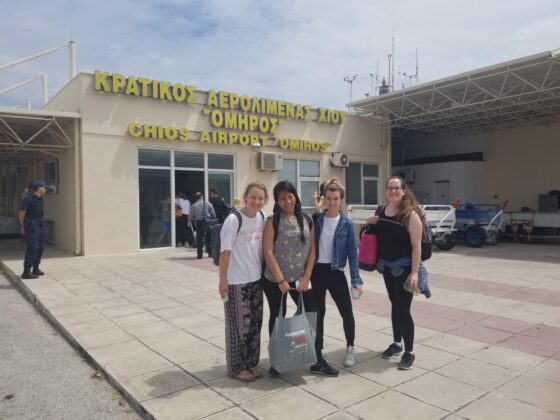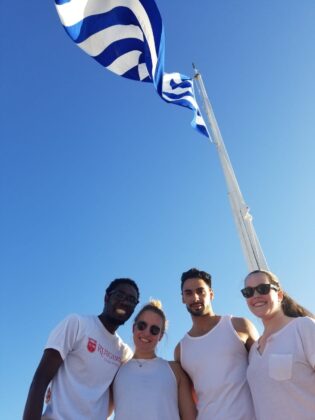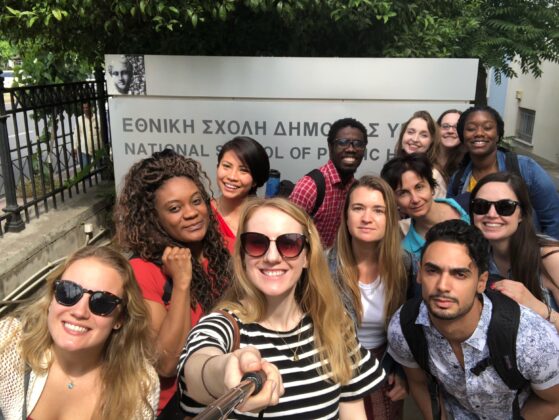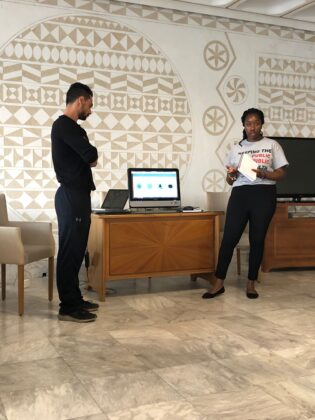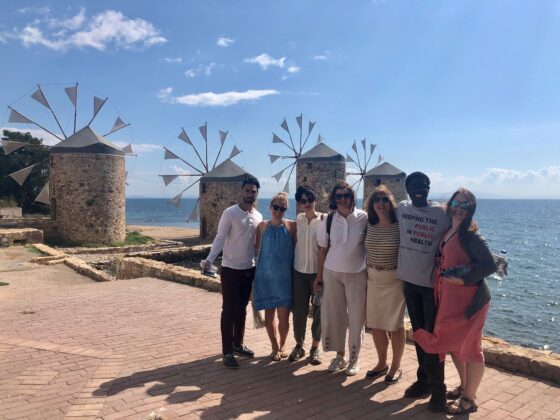By Leslie Krowchenko
Moussaka, the Acropolis, and college credit.
What better way for a Rutgers student to spend a portion of the summer.
The Rutgers School of Public Health, with its academic associates in Athens, is offering Food and Mediterranean Culture and Migration in the European Context: Challenges For Public Health as part of its 2023 Global-Study Abroad program.
“The global program began in 2019 and after a three-year COVID hiatus, we are so happy to be resuming it,” said Marian R. Passannante, Ph.D., Associate Dean for Educational Program Development and Global Programs. “Public health issues are global, and this is an excellent way to learn this.”
Combining classroom learning and cultural activities, the two-week courses are presented to fulfill Rutgers’ mission to ensure that every student has access to opportunities for global learning. They offer the chance to experience local cultures, expand networks and visit attractions built hundreds of years before the birth of Christ while also fulfilling graduation requirements.
Each course enrolls students and is taught by faculty from Rutgers and their partner institutions in Athens. Both combine classroom learning and cultural activities, with some requirements completed prior to and after the conclusion of the program.
Food and Culture explores the region’s cuisine from historical, cultural, and culinary aspects, with an emphasis on food systems and public health. The course is farm to table, as students from Garden State and Harokopio University review the path and sample the foods from street vendors to white linen tablecloth restaurants.
“The course uses a food systems approach– how it is grown, processed, delivered, stored and prepared,” said Passannante. “It also explores the health benefits of the Mediterranean diet.”
After a week in Athens, the program moves to Peloponnese, the peninsula on the southern tip of the country, home to Kalamata and its namesake olives. Activities include a tour of an olive oil factory, a winery,
and a trip to a working farm combining organic gardens and traditional wood ovens with tree houses and a stone amphitheater. Students will use conventional methods to harvest and prepare dinner.
Migration in the European Context begins with the study of the 2015 migrant crisis, when millions of individuals, the majority Syrian, came to the continent to request asylum. The vast majority crossed the Aegean Sea from Turkey to Greece, many settling in refugee camps on the outskirts of Athens before traveling through the Balkans to the main part of Europe.
The course, which is not being offered this year, is taught jointly by Rutgers and University of West Attica School of Public Health faculty. The classroom discussions explore the public health challenges of the camps in Greece and surrounding countries and the ways in which medical and other necessities are met.
Students have the opportunity to travel to Lesvos, an island in the Aegean to learn more about the migrant journey. Residents were at the frontline of the humanitarian response, providing food and shelter to hundreds of thousands of asylum seekers.
During the last four days, students meet with the Greek Coast Guard, which has rescued men, women and children from leaking sailboats, and non-government organizations which provide health services and social support to migrants on the island.
Experiencing the issue in the midst of the migrants, and listening to Greek students whose country is encountering the crisis, is exposure Americans could never receive studying in a New Jersey classroom.
“The students have so much to offer one another and in our case, they will gain an understanding from the European perspective and learn to become global citizens,” said Passannante. “Those who were involved the first year this course was offered have told me that the course was life-changing.’”
******
Food and Mediterranean Culture will be held May 27-June 10; Migration in the European Context: Challenges for Public Health, July 8-22. The cost for the former is $2,340; the latter, $2,780. Fees include accommodations, local transportation, immersion activities and most meals.
Photos Courtesy of Rutgers School of Public Health




